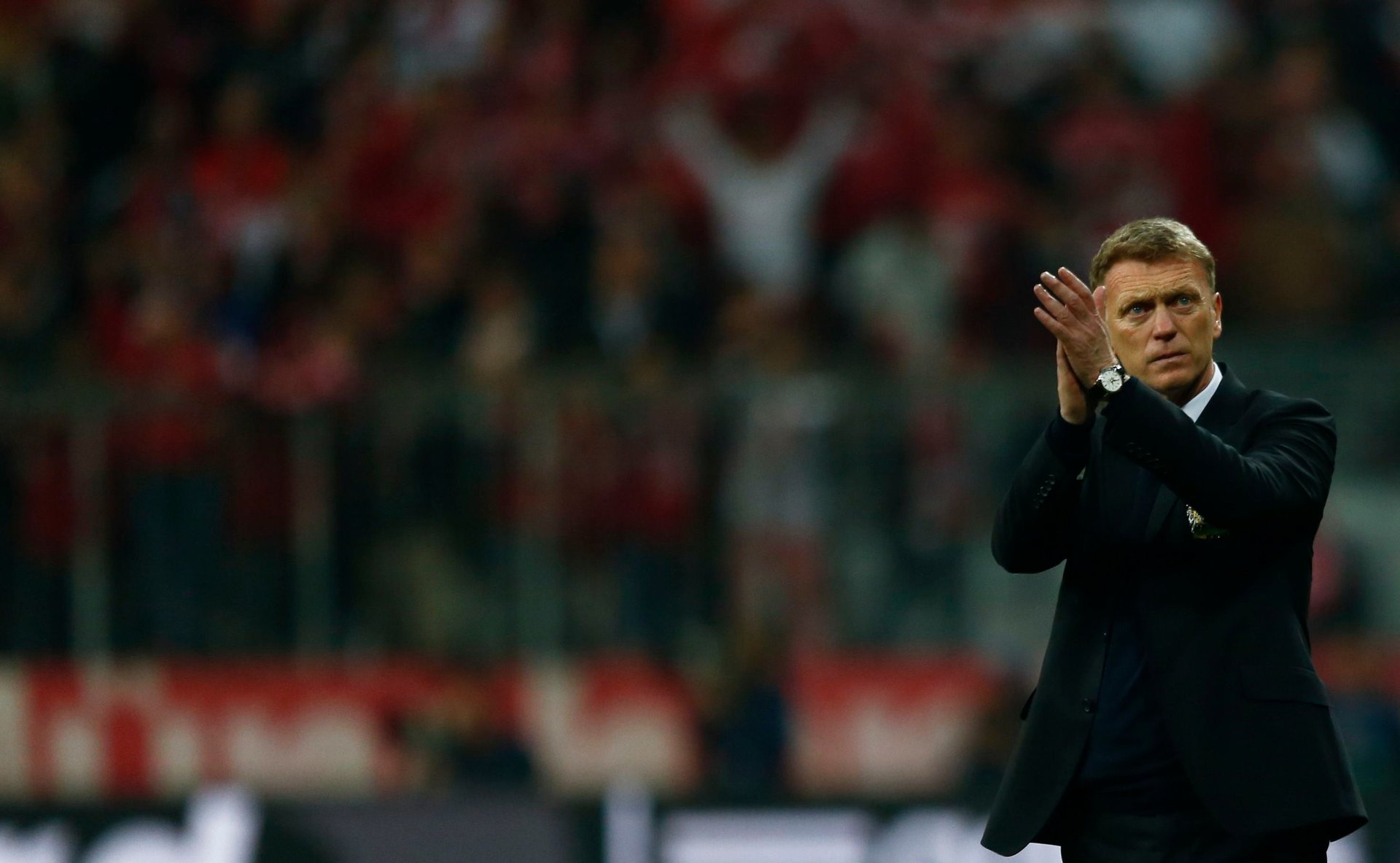The lucrative rewards of failing at the highest levels of soccer
In May of last year, David Moyes was appointed the manager of Manchester United, one of the world’s plum jobs in soccer. He was personally handpicked by his predecessor, Alex Ferguson, who became the most successful manager in British soccer history in his 27 years in the job. It should have been a crowning moment for Moyes, by all accounts a decent and hardworking man, but it instead became the start of a nightmare that saw him fired just 10 months later, after United’s worst home record since 1978 left the champions finishing seventh.


In May of last year, David Moyes was appointed the manager of Manchester United, one of the world’s plum jobs in soccer. He was personally handpicked by his predecessor, Alex Ferguson, who became the most successful manager in British soccer history in his 27 years in the job. It should have been a crowning moment for Moyes, by all accounts a decent and hardworking man, but it instead became the start of a nightmare that saw him fired just 10 months later, after United’s worst home record since 1978 left the champions finishing seventh.
But redemption may be at hand. Moyes was just appointed the manager of small Spanish club Real Sociedad—offering him a chance to rebuild his career despite not speaking Spanish or having worked outside the UK. And his quick return to management comes after Moyes, who was fired in April, reportedly received a payoff of £4.5 million ($7.2 million), meaning that, with his salary, he was paid a total of £7 million for 10 months of (pretty mediocre) work.
In other fields, a high-profile firing for job performance can mean professional death. But Moyes’ chance for redemption is not unusual. The best managers in Europe—men such as Jose Mourinho and Pep Guardiola—are paid handsomely for the privilege and circulate around the best clubs (often passing through Real Madrid at some point in their tenure). Every so often, a new man is offered the chance to join the club, and while failure at this level generally ejects them from the clubs in Europe’s Champion’s League, they’re still often rewarded with huge pay-offs and cushy jobs elsewhere.
Perhaps no team exemplifies the rewards of getting fired better than Chelsea Football Club.
Andre Villas Boas was only 32 when he won the Europa League, a second-tier European trophy, with Porto and was appointed Chelsea manager in July 2011. Chelsea owner Roman Abramovich paid £13.3 million simply to get the man known as AVB out of his contract in Portugal. He was then fired nine months later—and Abramovich then paid him £12 million in compensation. AVB waived part of that (as much as £11 million, by some reports) to join the rival London club Tottenham Hotspur in July 2012—and was fired a year and a half later, this time earning more than £4 million in compensation. He is now a manager in Russia, probably earning a great deal of money.
The secret to joining the elite club of the best managers in the world? Winning, obviously, and doing so internationally. One of AVB’s predecessors, Carlo Ancelloti, was a serial winner in Italy before he was appointed Chelsea manager in 2009. His team won the Premier League in his first year, and—of course—was fired by Abramovich after a trophyless second year. Ancelloti went on to Paris and is currently manager of Real Madrid, finally winning La Decima for the Spanish giant.
And the man who took over from AVB at Chelsea, Roberto di Matteo, won the Champion’s League in 2012 and was given a two-year contract—and then was sacked a few months later. But he refused to negotiate a settlement with Abramovich and earned his full £130,000-a-week salary until June 2014 for doing absolutely nothing. After that contract expired, he recently took a job at German club Schalke and is back in the Champion’s League. In his next match, he will face Chelsea at Stamford Bridge. Di Matteo’s lack of managerial experience means he is not in that elite group of coaches—but he now has the chance to be put in that bracket in the future.
As for Moyes, he only experienced the Champion’s League group stages once and promptly knocked Manchester United out of the competition for the first time in 18 years. Still, he has some reason to hope his next job after Spain will give him another go at the big time.